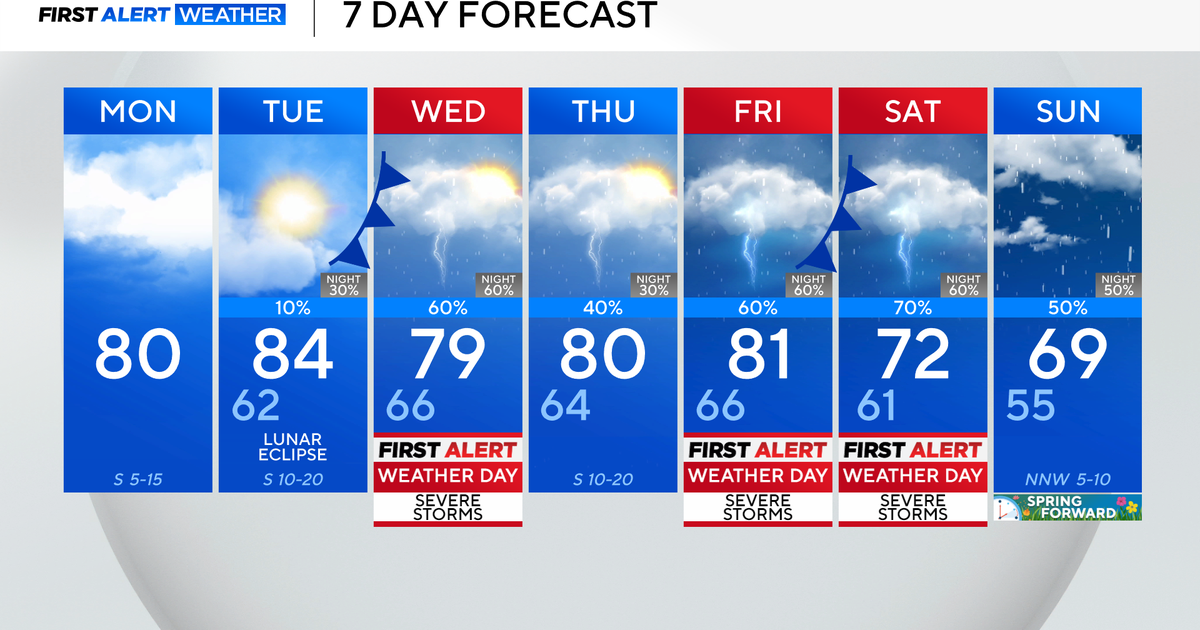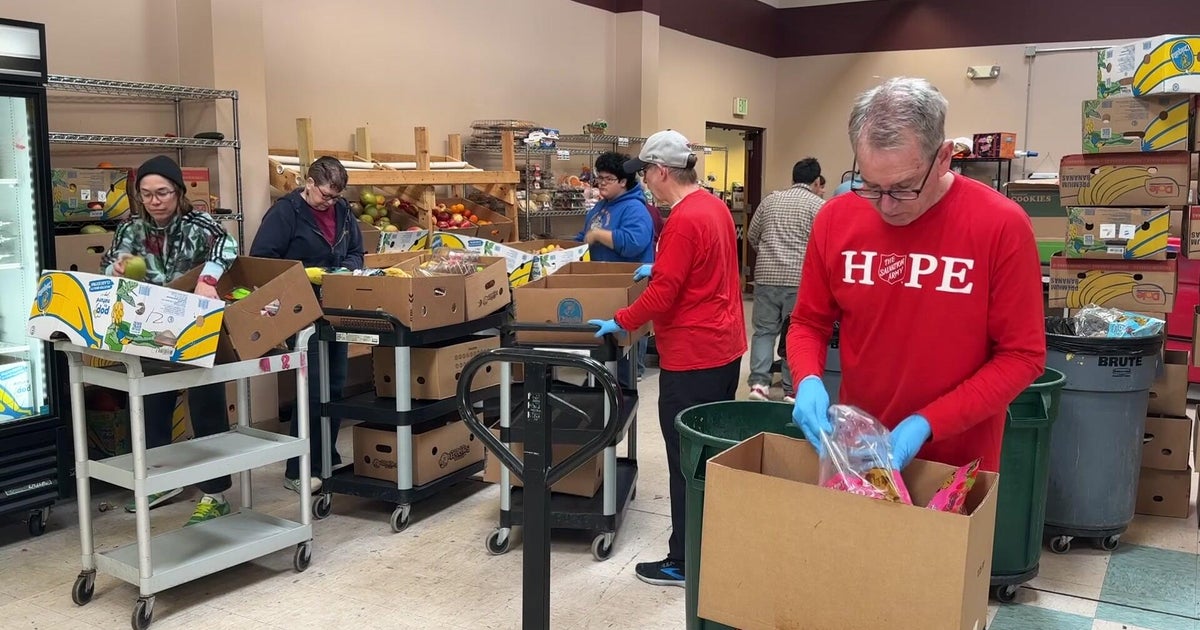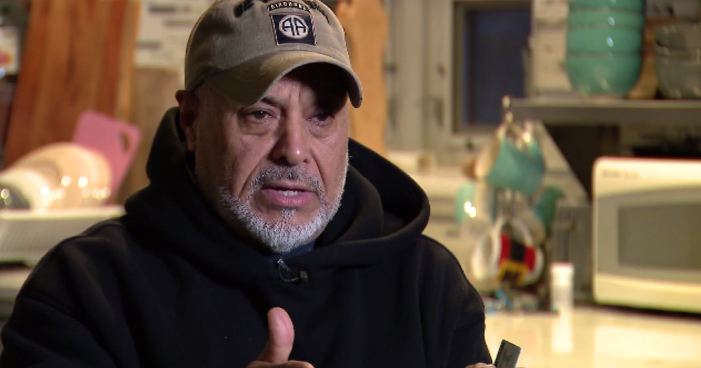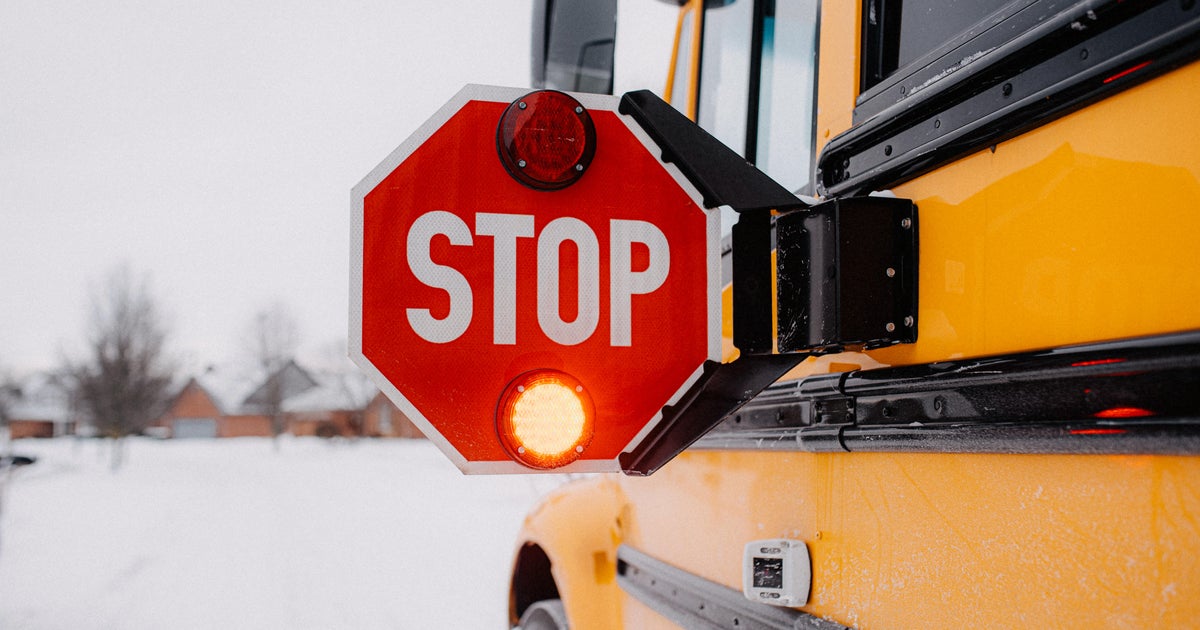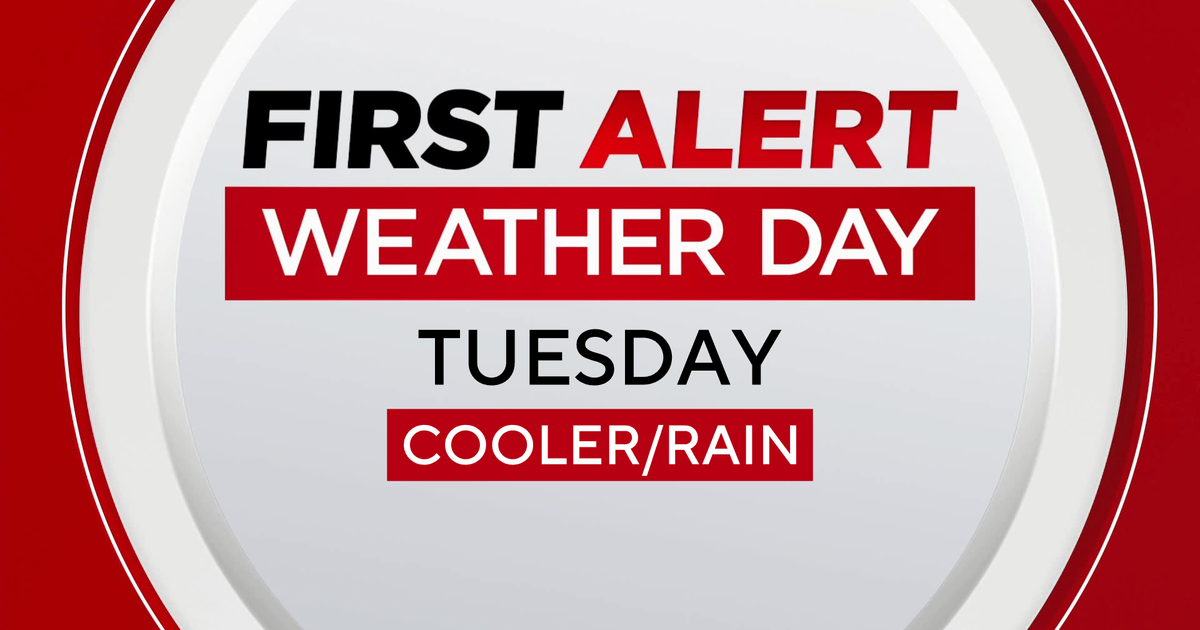Must-Know Storm Preparation Tips For Special Medical Needs Individuals
 (Photo credit: Thinkstock)
(Photo credit: Thinkstock)
Health concerns don't stop because of the weather. For some individuals, chronic illnesses or disabilities may create a heightening sense of anxiety if a storm, or inclement weather of any kind, is on its way. Others may experience elevated safety concerns if they are laid up with the flu, experiencing diminished mobility or recuperating at home from a hospital stay or surgery. For those with concerns about frail health, bad weather can be truly frightening and can sometimes turn deadly. If you or a loved one fit into any of these categories, here are important safeguards to put in place.
At-Home Nursing Service – Relying on a visiting nurse service or full-time, at-home nursing care may be part of your life. If a storm is coming, have your nurse make arrangements to get to your home before it hits and if necessary, agree to stay for a longer period of time than usual, particularly if you expect the roads to be closed.
Widen Your Support System – There are at-home tasks that may need to be tended to, even if you are unable to do them in bad weather. If you are laid up with a broken leg, the dogs still need to be walked. If you are bed-ridden for any reason, prescriptions and supplies will still need to be purchased. Yes, they'll be busy preparing for the storm, but reach out to neighbors, friends and local merchants, letting them know of your predicament, and ask for their support. Also let the local police precinct know of your particular situation and request that they look in on you during and after the storm.
Have a Communication Plan in Place – Power outages can knock out both cell phone service and land line service, but having both may protect you in some cases. Also arrange to have someone call you once every two hours during a storm situation to check in.
Create A Contingency Plan – If your health depends on an electrically-run device of any kind, or if you keep one on hand in case of an emergency, check to see if your machine comes equipped with its own back-up power in case of a storm-caused power outage. Some machines have this ability but many don't, so make sure you know what type you have on hand as well as how long you can rely on the back-up power to last. Machines you may need and should check include but are not limited to:
- Defibrillator – Used in case of cardiac arrest
- Continuous Positive Airway Pressures (CPAP) – Used for sleep apnea
- Apnea Monitor – Used primarily to monitor breathing in newborns or premature babies
- Nebulizer – Used for asthma attacks
- At-Home Fetal Heart Monitor – Used during pregnancy
- O2 Monitor and Oxygen Analyzer – Used to determine oxygen saturation levels
- Medical Ice Machine – Used for post-surgery recuperation and swelling
- Electric Stair Chair – If you rely on a chair to get up and down a flight of stairs, arrange to have everything you need on one floor
If your life-saving equipment does not have its own back-up capability, an at-home generator can be a life saver. With a generator, your power will not go out no matter what the weather conditions are like outside your door.
If the roads are closed, an ambulance may not be able to reach you during a medical emergency. If you are deeply concerned that your, or someone you love's, life will be at risk during a storm or power outage, leave your home immediately and seek out shelter at the nearest hospital or critical care facility.
![]()
Corey Whelan is a freelance writer in New York. Her work can be found at Examiner.com.
![]()
![]()
![]()
Learn more by visiting CBS New York's Storm Prep section

